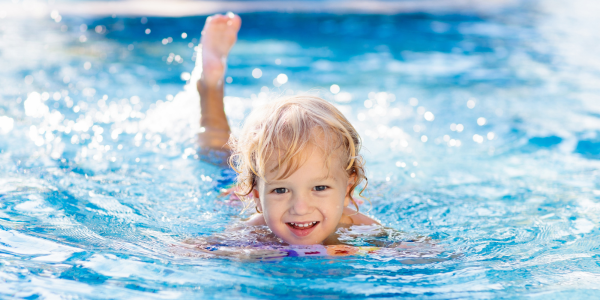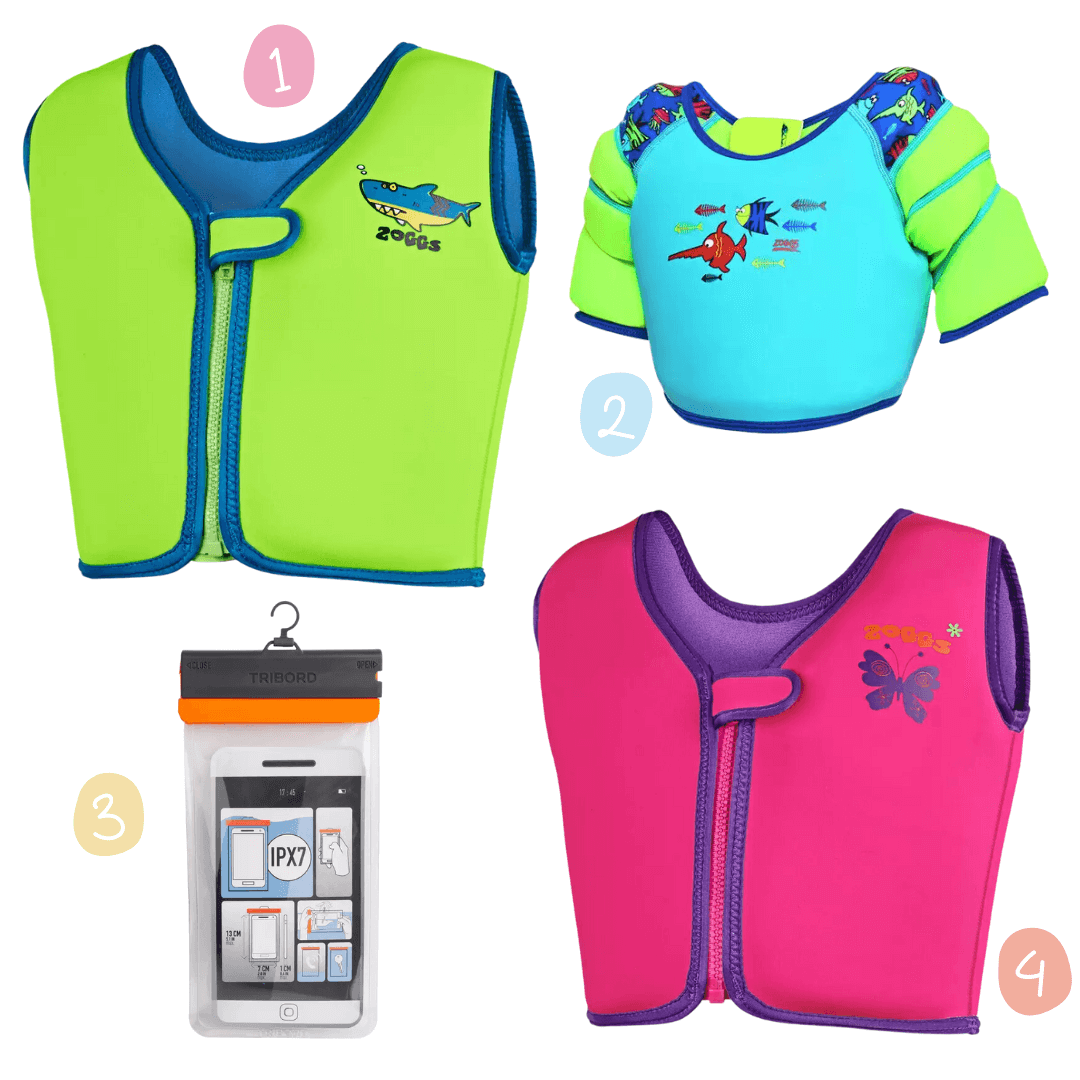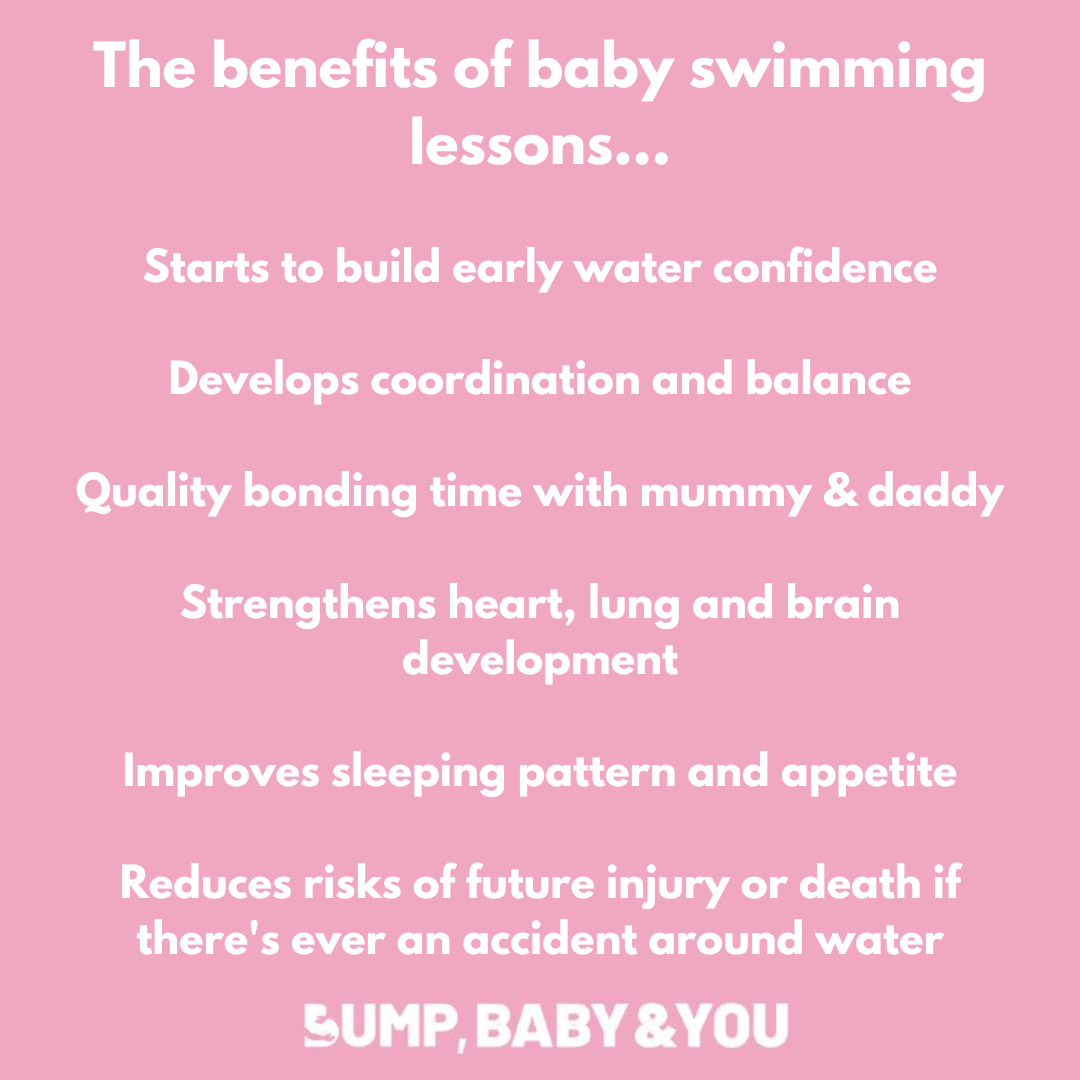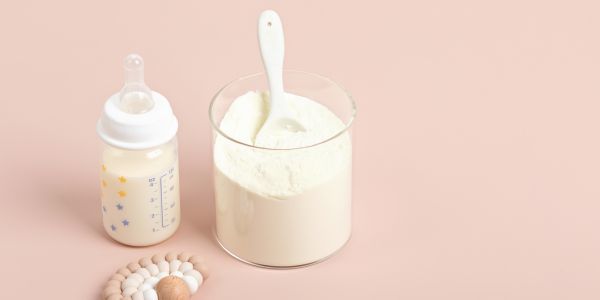

This week is Drowning Prevention Week 2023, an important awareness campaign spearheaded by the RLSS (Royal Life Saving Society).
As a community centred around parents and children, we’re very supportive of this campaign. After all, bodies of water are a huge risk to our little ones, and I’m sure you’ll all agree when I say that we’d do anything to keep our wee ones safe and sound. Drowning Prevention Week is a great opportunity to refresh our memories when it comes to safety advice, and perhaps even learn something new!
What is Drowning Prevention Week?
This campaign is aimed at promoting water safety education to everyone in the UK through ‘organised activities, the press and social media’. The Department for Education, RNLI, and Swim England all endorse this awareness week too! The RLSS has loads of useful resources which you can access for free by registering here!
Robert Gofton, RLSS UK CEO has told us…
“Most people are surprised to learn that you are more likely to die from drowning than you are from being hit by a car or in a fire. We believe that the majority of drowning incidents can be prevented, especially with children.
Not only are we trying to keep children safe, we hope that grass roots education will help them take the messaging into adult life, helping them to make better decisions. We urge as many people as possible to take advantage of the campaign and learn what could be potentially lifesaving skills.”
Some important statistics…
The RLSS has sent us some eyeopening statistics; these figures don’t make for easy reading, we know, but this information could help so many parents to make changes that could reduce the number of preventable drownings.
Latest Statistics revealed:
- 88 young children died in the UK by drowning in 2020 - we can't find data for 2021-2023
- The majority of drownings for 0-4 year olds happen in ponds, baths or pools
- Almost 50% of drownings of 0-4 year olds occur in the summer
- Around 700 people drown in the UK and Ireland every year and thousands more suffer injury, sometimes life changing, when they survive drowning.
Data from surveys done by the RLSS show that;
- Almost 60% of parents with children aged 11 or under wouldn't be confident that their child would know what to do if they fell into open water.
- 81% feel that basic first aid training for new parents should be mandatory.
- 26% of people left in charge of a child have admitted to leaving them unattended in the bath on at least one occasion.
- 12.8% of those with a paddling pool admit to not draining it immediately after use.
How can I keep my child safe around water?
The RLSS has so many handy resources and tips for parents to help improve water safety and reduce the risk of drowning. Their ‘Water Safety Code’ is something we should all know.
Learn the ‘Water Safety Code’ & teach your children too!
Whenever you are around water:Stay together – never swim alone!
In an emergency:
Call 999 and shout for help.
Float – if you fall in, float or swim on your back. Throw something buoyant in to anyone who is in the water, if you’re a bystander.
Water safety tips for families going on holiday
The RLSS has sent us these handy tips for mummies and daddies due to be setting off on their summer holidays…
- When researching your holiday, or arriving at your destination, check to see if there is a lifeguard cover at the pool or beach and the safety arrangements of any water-based activities.
- Check bathing sites for hazards. Check the safest places to swim and always read the signs.
- Swim with any children in your care – it’s more fun and you can keep them close and safe
- Never enter the water after drinking alcohol
- On beaches check when the tide will be high and low and make sure that you won’t be cut off from the beach exit by the rising tide. Also be aware of dangerous rip-currents
- Inflatable dinghies or lilos are a well-known hazard – each year there are drownings as people on inflatables are blown out to sea. Do not use them in open water

- Buy the Zoggs Green Swim Jacket - 4-5 Years*
- Buy the Zoggs Sea Saw Water Wings Vest - 1-2 Years*
- Buy the Decathlon Waterproof Phone Pouch - Large*
- Buy the Zoggs Pink Swim Jacket - 4-5 Years*
Water safety & drowning prevention at home…
- Always use self-closing gates, fences and locks to prevent children from gaining access to pools of water.
- Securely cover all water storage tanks and drains.
- Empty paddling pools and buckets as soon as they have been used.
- Always turn paddling pools upside down once empty to ensure no rainwater collects - drowning can occur in a surprisingly shallow depth of water!
- Always supervise bath time (never leave children unattended). Empty the bath as soon as possible after use.
Will swimming lessons benefit my little one?
The RNLI has some very useful information and resources about swimming lessons and water safety for our children. Every summer, they run fantastic free ‘Swim Safe’ sessions alongside Swim England for children aged 7-14.
“Swim Safe is a free, fun outdoor swimming session with fully qualified lifeguards and swimming instructors. Young people love swimming outdoors – but swimming in the sea, rivers and lakes is very different to swimming in a pool. Swim Safe is a community-focused programme that gives children aged 7–14 an opportunity to learn how to be safe in and around open water. The practical sessions take place at coastal and inland locations and help young people to improve their swimming ability and feel more confident in the water.” RNLI
Swimming lessons for babies & toddlers
As well as helping to build water confidence and the important skill of swimming, there are loads of amazing benefits of getting your baby in the pool! Swimming.org is a great resource for swimming advice and safety information! You can start lessons before they’ve had their first vaccinations, although some parents prefer to wait to be on the safe side.
These benefits together will benefit your baby and help equip them with lifelong skills that may save their life in a precarious situation.

If you liked this, you might also like...


.jpg)

.jpg)
.jpg)

.jpg)



